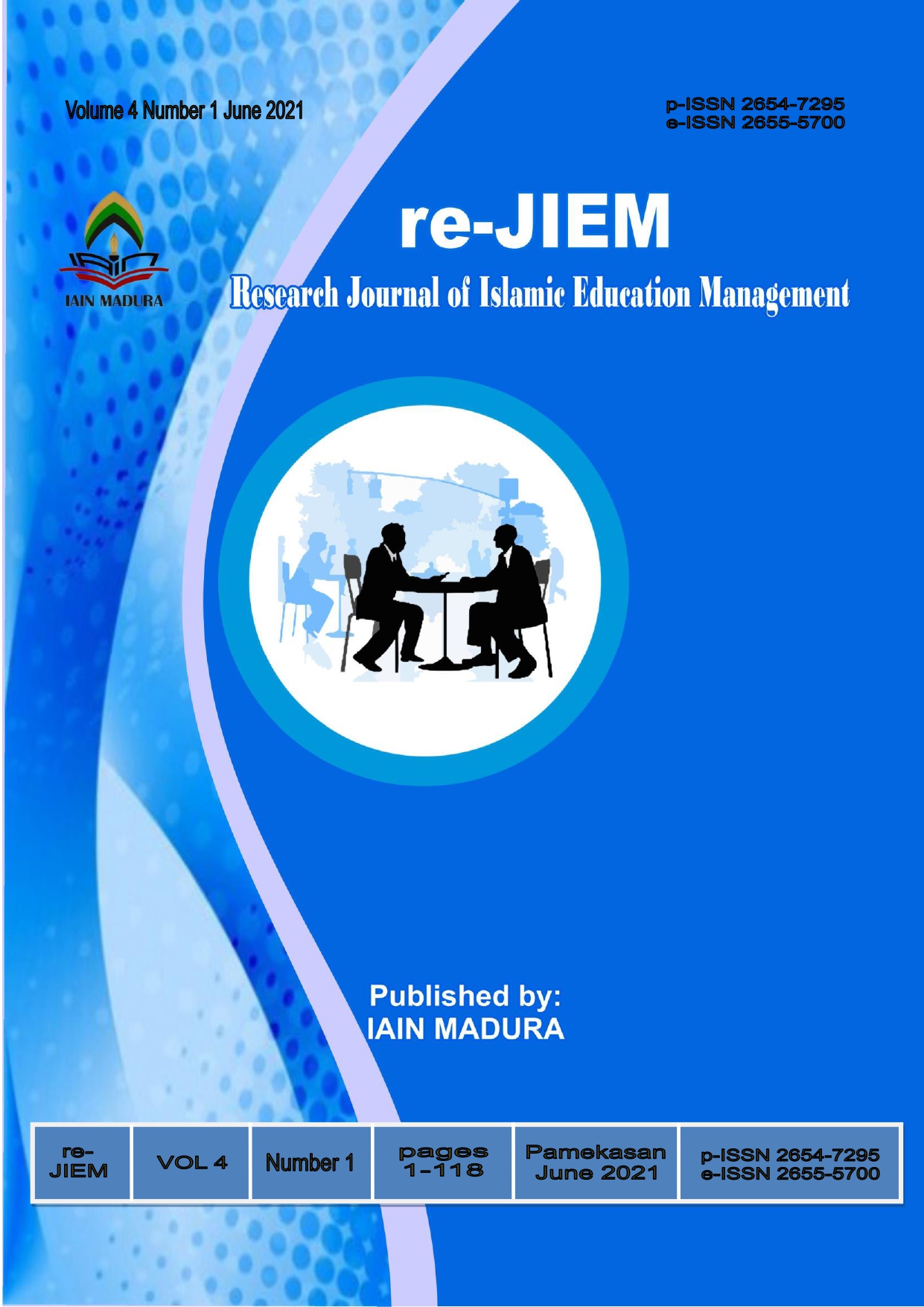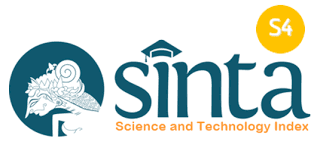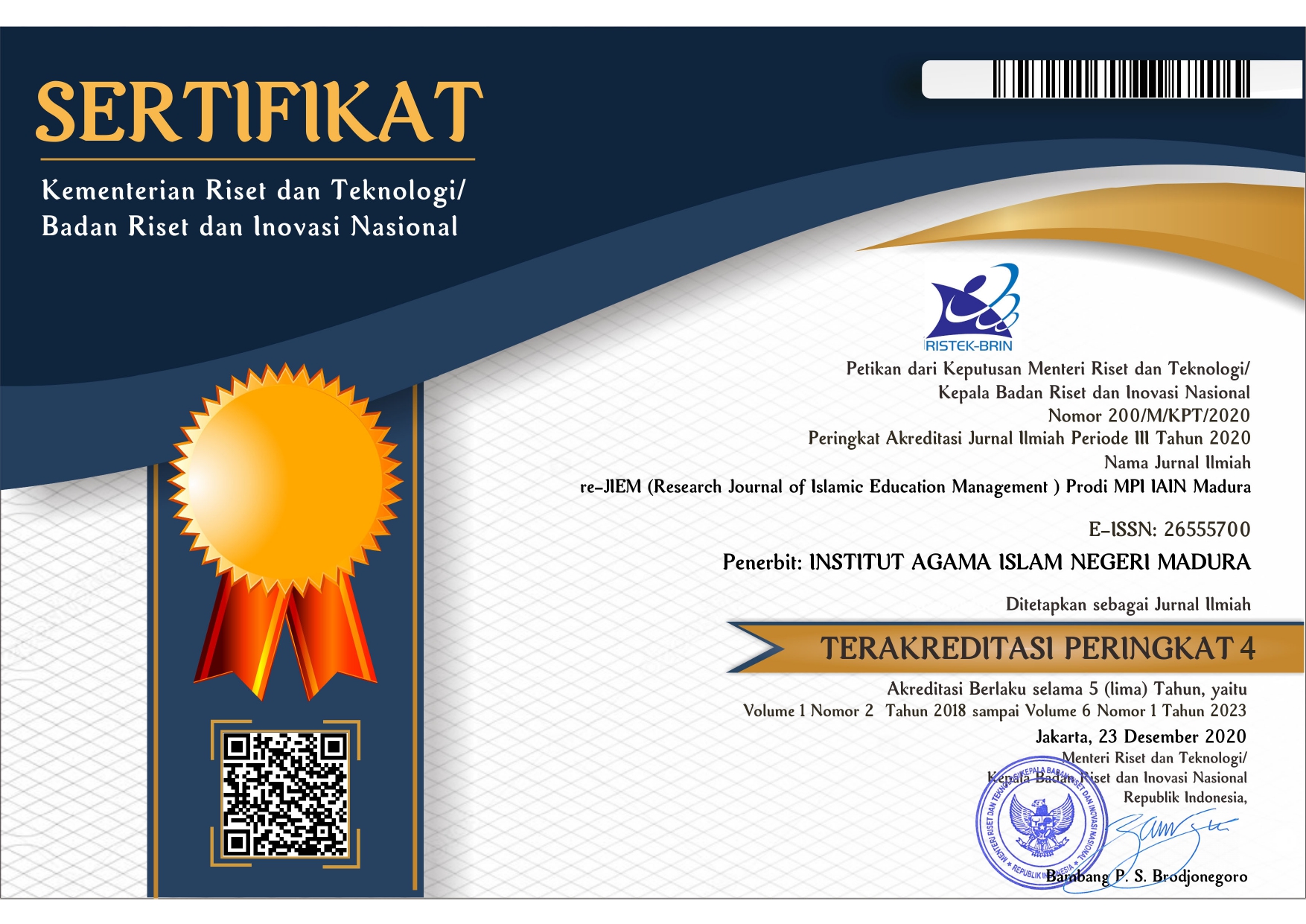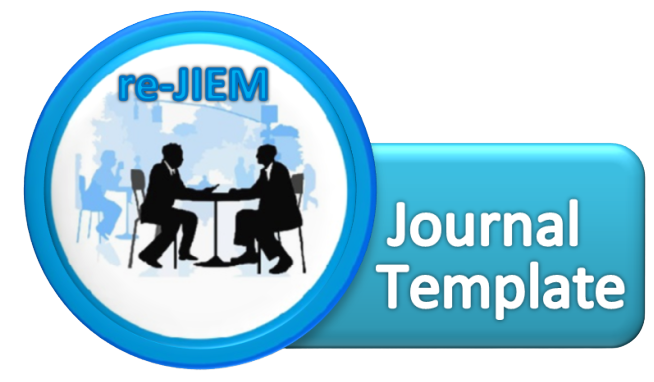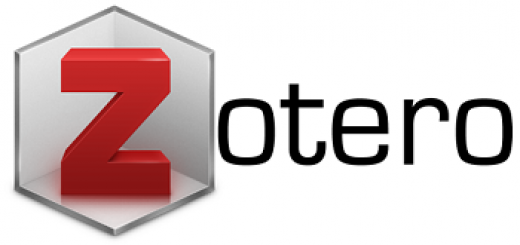PERAN KOMITE MADRASAH DALAM MEMBANTU MENGEMBANGKAN SARANA PRASARANA DI MADRASAH ALIYAH NEGERI 2 PAMEKASAN
 Abstract views: 405
,
Abstract views: 405
,
 PDF downloads: 311
PDF downloads: 311
Abstract
In educational units such as madrasas, the existence of madrasa committees is very important. Whether its role has a big impact or not, this independent institution plays a very important role in improving the quality of services by providing consideration, direction, and support for personnel, facilities, and infrastructure as well as supervision at the level of the education unit. This study aims to describe the role of the madrasah committee in helping to develop infrastructure at MAN 2 Pamekasan, with sub-focuses including (1) the concept of infrastructure development, (2) the implementation of infrastructure development, (3) the implications of infrastructure development, carried out at Madrasah Aliyah Negeri 2 Pamekasan. This research uses a qualitative approach with the type of case study. The results of this study indicate that: 1) the concept of infrastructure development is carried out by setting goals in advance and making a madrasa committee work program, 2) the implementation of infrastructure development is carried out with the madrasa committee acting as a giver of consideration, as a supporter, as a controller and as a mediator, 3) The perceived implication of the development of infrastructure facilities is the increasing number of infrastructure facilities owned by madrasas which are now by the standardization of infrastructure facilities that have been determined.
Downloads
References
Atiqullah, and Milda Karya Puspasari. “STRATEGI MANAJEMEN PERUBAHAN DALAM MENINGKATKAN KUALITAS MANAJERIAL PENDIDIKAN ISLAM DI MAN 1 PAMEKASAN.” Re-JIEM (Research Journal of Islamic Education Management) 1, no. 2 (2018). https://doi.org/https://doi.org/10.19105/rjiem.v1i2.2088.
Bafadal. Ibrahim, Manajemen Perlengkapan Sekolah: Teori dan Aplikasinya. Jakarta: Bumi Aksara, 2010.
Hadis Abdul & Nurhayati, Manajemen Mutu Pendidikan. Bandung: Alfabeta, 2010.
Hasbullah, Otonomi Pendidikan; Kebijakan Otonomi Daerah dan Implikasinya terhadap Penyelenggaraan Pendidikan. Jakarta: PT RajaGrafindo Persada, 2007.
Hidayat, Ara & Imam Machali, Pengelolaan Pendidikan: Konsep, Prinsip, dan Aplikasi dalam Mengelola Sekolah dan Madrasah. Yogyakarta: Kaukaba, 2012.
Matin, Manajemen Sarana Prasarana. Jakarta: PT Raja Grafindo, 2017.
Mayarani Selvi & Desi Nurhikmahyanti, “Peran Komite Sekolah dalam Pengadaan Sarana dan Prasarana di SD Negeri Pucang IV Sidoarjo”, Jurnal Inspirasi Manajemen Pendidikan. 4 (April 2014).
Meleong, J. Lexy. Metode Penelitian Kualitatif . Bandung: Rosdakarya, 2005.
Mulyasa, Manajemen Administrasi & Organisasi Pendidikan. Yogyakarta: Ar-Ruzz Media, 2017.
Mulyono, Manajemen Administrasi dan Organisasi Pendidikan. Jogjakarta: Ar-Ruzz Media, 2014.
Rahmat. Abdul, Manajemen Humas Sekolah. Yogyakarta: Media Akademi, 2016.
Sagala,Syaiful. Manajemen Strategik dalam Peningkatan Mutu Pendidikan. Bandung: Alfabeta, 2007.
Strauss, Anselm dan Juliet Corbin, Dasar-dasar Penelitian Kualitatif . Yogyakarta: Pustaka Pelajar, 2005.
Subarniyati, Manajemen Kepala Madrasah dan Peran Komite dalam Peningkatan Mutu Pendidikan di Madrasah Ibtidaiyah Ma’arif Giriloyo. Thesis. Yogyakarta: UIN Sunan Kalijaga, 2018.
Widyaningsih. Eni, “Peran Komite Sekolah dalam Pengelolaan Sarana Prasarana Pembelajaran di SDN Serayu”, Jurnal Pendidikan Guru Sekolah Dasar. 10 (2016).
Copyright (c) 2021 re-JIEM (Research Journal of Islamic Education Management)

This work is licensed under a Creative Commons Attribution-ShareAlike 4.0 International License.
Authors who publish with this journal agree to the following terms:
Authors retain copyright and grant the journal right of first publication with the work simultaneously licensed under a Creative Commons Attribution-ShareAlike 4.0 International License that allows others to copy and redistribute the material in any medium or format with an acknowledgment of the work's authorship and initial publication in this journal and also allows to remix, transform, and build upon the material for any purpose, even commercially with contributions under the same license as the original.
Authors are able to enter into separate, additional contractual arrangements for the non-exclusive distribution of the journal's published version of the work (e.g., post it to an institutional repository or publish it in a book), with an acknowledgment of its initial publication in this journal.
Authors are permitted and encouraged to post their work online (e.g., in institutional repositories or on their website) prior to and during the submission process, as it can lead to productive exchanges, as well as earlier and greater citation of published work.


